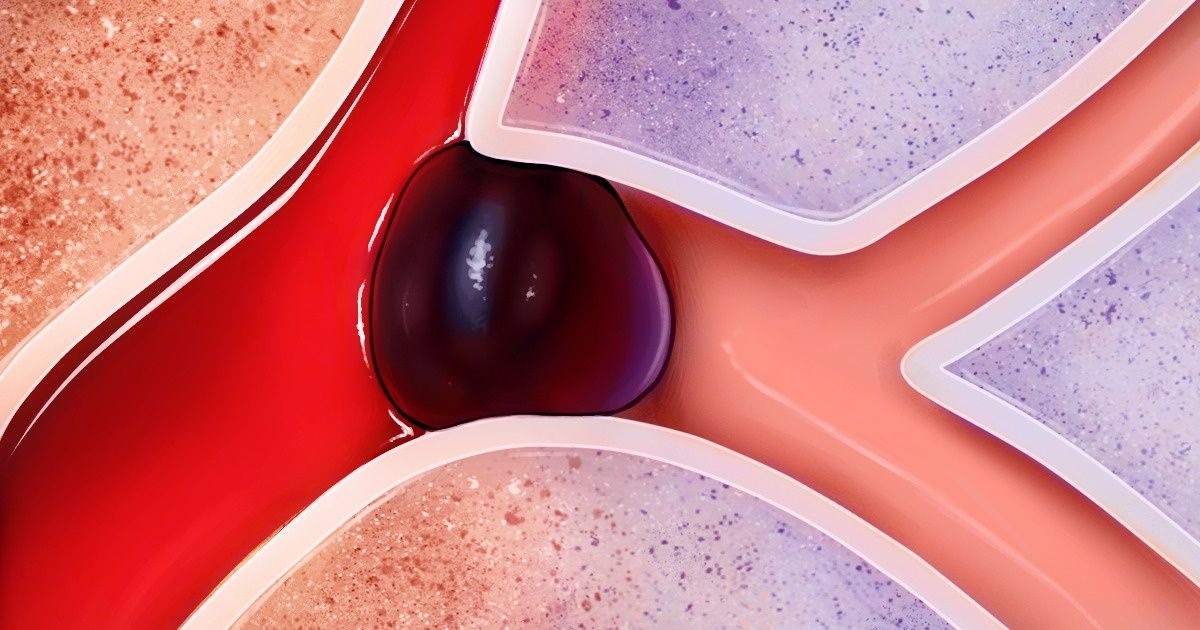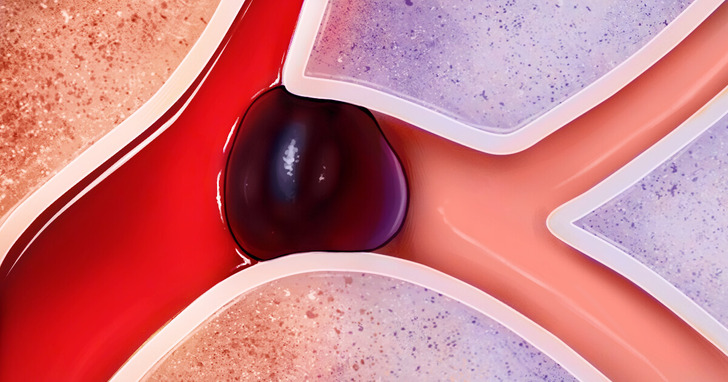15 True Stories Stranger Than Any Hollywood Script


If you suffer from symptoms such as brain fog, fatigue, constant headaches, or depression, you probably have poor cerebral blood flow. There are certain reasons why your brain can’t get enough blood, from stress and high blood pressure to blood clots. Ignoring the early signs of poor blood circulation may even lead to hypoxia, a condition where your brain cells begin to die because they aren’t getting enough essential elements to work properly.
Bright Side made a list of the most effective methods to improve blood flow to the brain that you can easily try at home.

When you do high-intensity exercises, your muscles need more nutrients and the blood is redistributed among them. This results in a decrease in blood flow to your brain. Easy and moderate exercises, on the contrary, may help you increase brain circulation.
In general, all aerobic activities have positive effects on brain blood flow, so you can choose to do anything like swim, bicycle, dance, or perform yoga in the fresh air. All of these will be beneficial for your health.
If you don’t have enough time to practice any kind of sport, simply take short and brisk walks for about 30-50 minutes throughout the day. When your foot touches the ground, it sends pressure waves through your arteries which in turn, send more blood and oxygen to your brain.
Also, don’t forget to get active whenever you have the chance: take the stairs instead of the elevator, get off the bus before your exit so that you’ll need to walk the remainder of the route, and choose other ways to get to your favorite grocery store.
Stretching not only improves overall circulation in your body by preventing stiffness in your joints and muscles, but it also helps your brain receive more oxygen and other essential elements in order to work properly.
The best stretches for increasing circulation to the brain are inversion poses — those that have your head below your heart. The simplest and most effective stretching exercises you can easily do at home are the downward-facing dog pose and the standing forward bend. But be careful when practicing them — if you feel pain or discomfort in your back, consult your doctor immediately.
According to some studies, meditation may actually offer many brain benefits that include increased circulation to this organ. For example, if you practice a singing meditation called Kirtan Kriya for 12 minutes a day, you will probably notice that your mind has become clearer, your memory has improved and your mood is more stable.
How to do it:
Exposing yourself to cold can also help to get more blood flowing to your brain. In fact, some studies show that immersing your foot or hand in cold water, even for a few minutes, may increase your blood pressure, reduce your heart-rate, and make the blood vessels in your heart and brain work faster.
Besides applying cold to your hands and feet, you can also start taking cold showers every day. No doubt, it may be painful at first, but the lingering effects are surely worth it. You can start by finishing your shower with at least 30 seconds of cold water and then work your way up to longer periods of time.
Cold exposure also stimulates the vagus nerve, one of the longest nerves in your body that links the brain stem to the heart, lungs, and digestive tract. This nerve controls the heart-rate, regulates blood pressure, and the blood glucose balance.
Exposure to bright light and sun improves brain functioning by increasing the natural production of nitric oxide, a substance that dilates your blood vessels and lowers blood pressure. Sun exposure also helps your skin produce more vitamin D that is essential for your brain health, good memory, and proper blood circulation.
So if you spend at least 10 minutes every day in sunlight during the spring and summer months, you won’t need to worry about depression or any type of cognitive impairment as your brain gets enough essential nutrients.
It turns out that chewing gum may actually increase blood flow to your brain by 25%-40% and improve your cognitive performance and brain function by increasing its oxygen supply. The chewing movement stimulates nerves and areas in the brain associated with arousal, so it may help you feel more awake during the day.
Continuous gum chewing also activates your hippocampus, a part of your brain that influences your memory and learning skills. Another more surprising advantage of this activity is that it may alter your brainwave patterns so that you feel more focused and relaxed.
Do you know any other ways to improve blood circulation to the brain? Share your experience with us in the comments!











